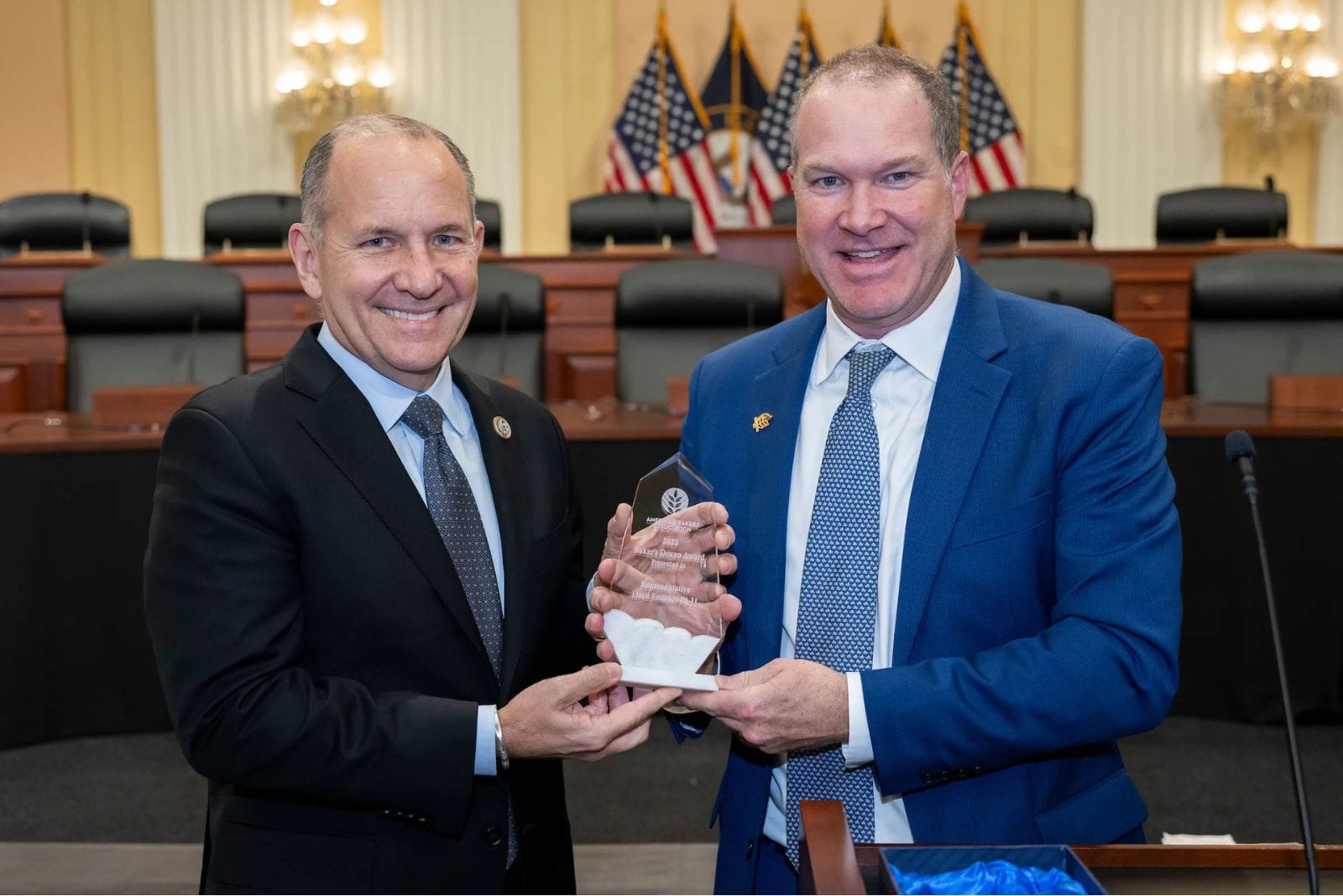WASHINGTON, DC — Being a leader means more than just being a manager. Effective leaders can connect deeply with others and motivate them to perform at their highest. But how?
 According to Kevin Ames, founder of the Ames Leadership Institute, it all comes down to emotional intelligence.
According to Kevin Ames, founder of the Ames Leadership Institute, it all comes down to emotional intelligence.
During his presentation at the American Bakers Association (ABA)’s virtual NextGenBaker leadership forum, Ames explained what emotional intelligence is and how to harness its power as a leader.
“If you can’t tune into others’ emotions and demonstrate empathy, you’ll have a hard time building rapport and influencing others effectively,” Ames said.
He shared Harvard research that suggests people who are emotionally intelligent are 70% more successful than people with high IQ.
Emotional intelligence is critical, but not just an inherent trait. Like with any other kind of intelligence — there are multiple, such as spatial, linguistic and existential intelligence — people can work to expand it. It is a practice, and according to Ames, there are a few key concepts that are fundamental to understanding it and building the capacity for leadership.
- Self-awareness: The ability to reflect on one’s own life, grow in self-knowledge and use that knowledge to improve oneself and either consume or compensate for weaknesses.
- Self-regulation: The ability to manage oneself toward achieving one’s vision and values.
- Self-motivation: What really excites people, such as the vision, values, goals, hopes, desires and passion that make up their priorities.
- Empathy: The ability to see how other people see and feel about things.
- Social skills: How people resolve differences, solve problems, produce creative solutions and interact optimally to further their joint purposes.
“If you can’t tune into others’ emotions and demonstrate empathy, you’ll have a hard time building rapport and influencing others effectively,” Ames said.
Ames suggested those wanting to build their own leadership skills look inward. By checking in with oneself to assess behaviors and emotions, it can help build deepen the connection with others and prevent volatile situations.
“As a leader, your people are counting on you to be calm and consistent,” Ames said. “You don’t want to be a leader where the employees say, ‘Well, you better wait and see what kind of mood he’s in before you talk to them today,’” Ames said. “You want to be balanced with your head and your heart every day, to create something that’s absolutely essential to your people: psychological safety.”
Ames concluded his presentation with a call to action. He challenged attendees to improve themselves just 1% every day. After all, long journeys are made up of little steps taken over time. He emphasized finding a way to quantitatively measure that progress; for runners, it may be running 1% faster or 1% farther each day.
“If you were to improve 1% per day over the course of an entire year, it’s not 365%,” Ames said. “If you were to improve 1% each day for a year, because of compounding, you would actually grow 3,778%. Wouldn’t anybody have that as a goal this year, to become 37 times better than you were?”
Learn more about the Ames Leadership Institute on the company’s website, or get in touch with Ames directly at kevin@amesleadershipinstitute.com.












